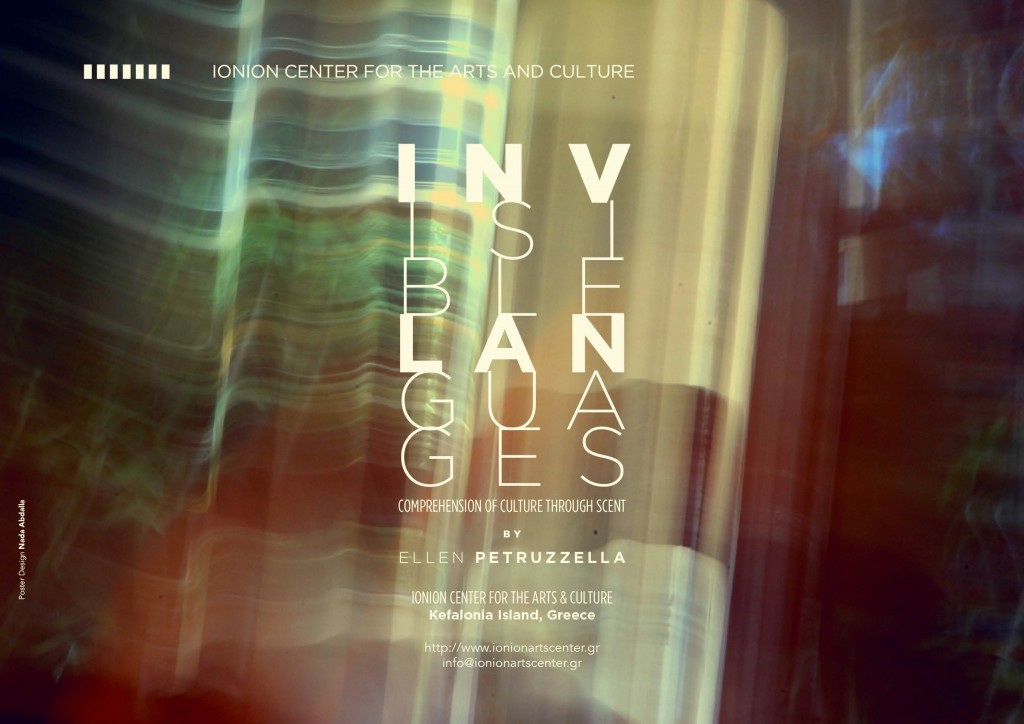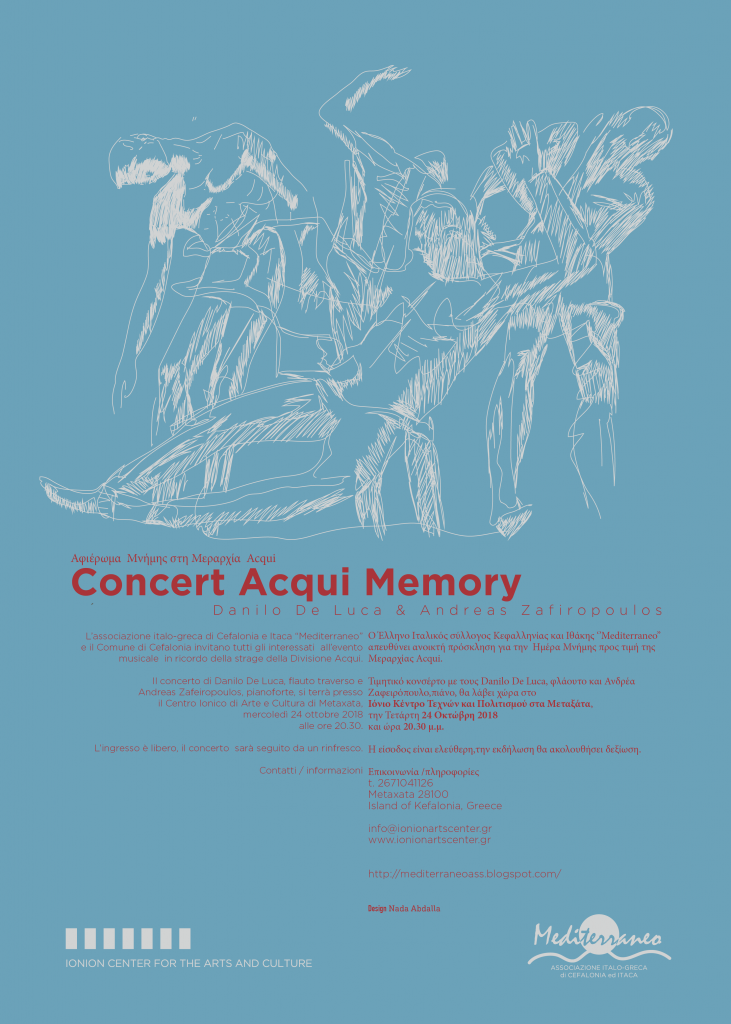Cold Pastoral:
Ode on learning a broken poem by heart
I don’t especially like John Keats’s poem “Ode on a Grecian Urn,” but I’m trying, anyway, to learn it by heart.
As I repeat it, I think about its lyricism and its awkward moments, its complexities and gender politics. I think about what else I’ve learned by heart—without even noticing—about art and culture and history.
The drawings in this exhibition are also a kind “Ode on a Grecian Urn”—like Keats, I want to profess devotion to ancient Greek pottery as a means of addressing and containing big, unwieldy concepts like “Truth,” “Beauty,” and the passage of time. In his poem, Keats unfavourably compares his own writing to the artfulness of the urn, calling it a “Sylvan historian, who canst thus express / a flowery tale more sweetly than our rhyme.” My drawings are similarly self-consciously imperfect: wobbly, unstable, cracked, and weird. I want to incorporate my precarious uncertainty with regards to the past, and to declare my simultaneous admiration for, and distrust of, civilization as a concept and form.
The English Romantic poets loved a ruin. My desire to address the forms of ancient Greece comes partly from a similar affection for brokenness. But I am also constantly anxious about politics and climate change, and I fear that our shaky social contracts and vulnerable institutions might get completely smashed up and replaced by something worse. Turning to ancient Greece involves the impulse to start over, to go back to the early days of Western civilization, and to think about how we got to where we are now. Of course, it’s not like things were so great back then. Slavery, xenophobia, and sexism were built into the foundations of Western culture. I’ve always thought about art making in relation to broader cultural conversations, both contemporary and historical, and my art practice continues to involve bumping up against, admiring, undermining, refuting, adoring, and disguising the patriarchal, euro-centric canon of art and culture that is, somehow, to some extent,my inheritance.
It feels to me like there is a deep rumbling underneath that canonical structure right now. Slowly, painfully, thrillingly, the foundations are shifting. These are trembling drawings, responding to the tremors in this ancient, earthquake-prone territory, this shaky foundation, this ruinous poem, this broken ode.







